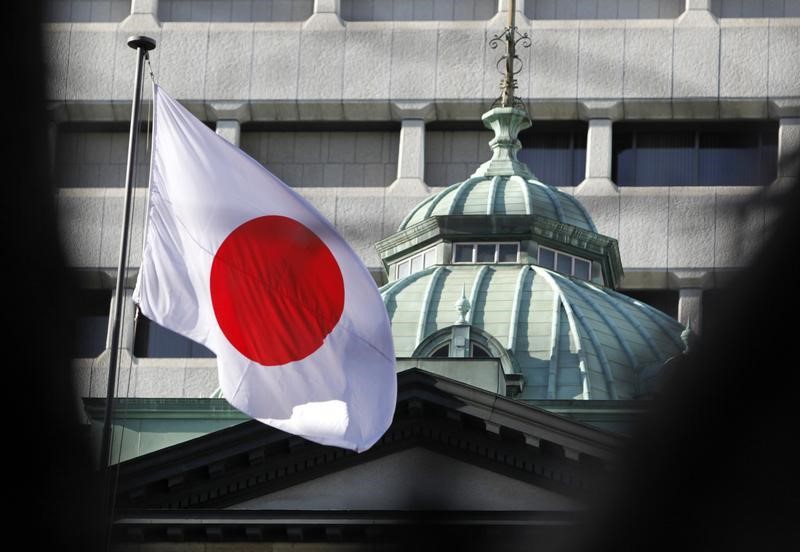The five macro trends set to define 2026
By Ambar Warrick
Investing.com-- The Bank of Japan held its benchmark rate at record lows on Tuesday, but widened the range for yield fluctuations in the benchmark government bonds as the country grapples with surging inflation.
The move saw the Japanese yen rally over 2% to 133.62 against the dollar, given that it lends credence to speculation that the BOJ could eventually tighten policy in the face of high inflation.
The central bank said it will raise the range of 10-year Japanese Government Bond (JGB) yield fluctuations to between negative 0.5% and 0.5%, from a range of negative 0.25% to 0.25%.
The decision shows that rising inflation in the country is causing the BOJ to potentially revise its stance on price pressures. A report released earlier this week said that the government is considering a revision of the BOJ’s inflation target, as consumer inflation surged to a 40-year high in November.
Still, the potential for a pivot away from the bank’s ultra-accommodative stance appears to be far away. The bank maintained its 2% target for annual inflation on Tuesday, even as the consumer price index trended at an annual rate of 3.7% in October.
The BOJ held its short-term policy interest rate at negative 0.1%, having kept it at ultra-low levels for nearly a decade, and kept its long-term interest rate at 0%.
The central bank also vowed to maintain its quantitative easing measures, which include debt and exchange-traded fund purchases to increase liquidity conditions, as the Japanese economy remained under pressure.
Japanese economic growth unexpectedly contracted in the third quarter, as high inflation weighed heavily on local consumption, while waning overseas demand also dented exports.
The country is facing growing pressure from a sharp drop in the yen this year, which was driven largely by a widening gap between local and U.S. interest rates. Volatility in commodity markets, caused by the Russia-Ukraine war, also ramped up the cost of Japan’s key energy imports.
But speculation over a potential policy shift by the BOJ helped the yen rally from a 30-year low hit in October. Continued rises in inflation could place more pressure on the BOJ to eventually tighten policy.
